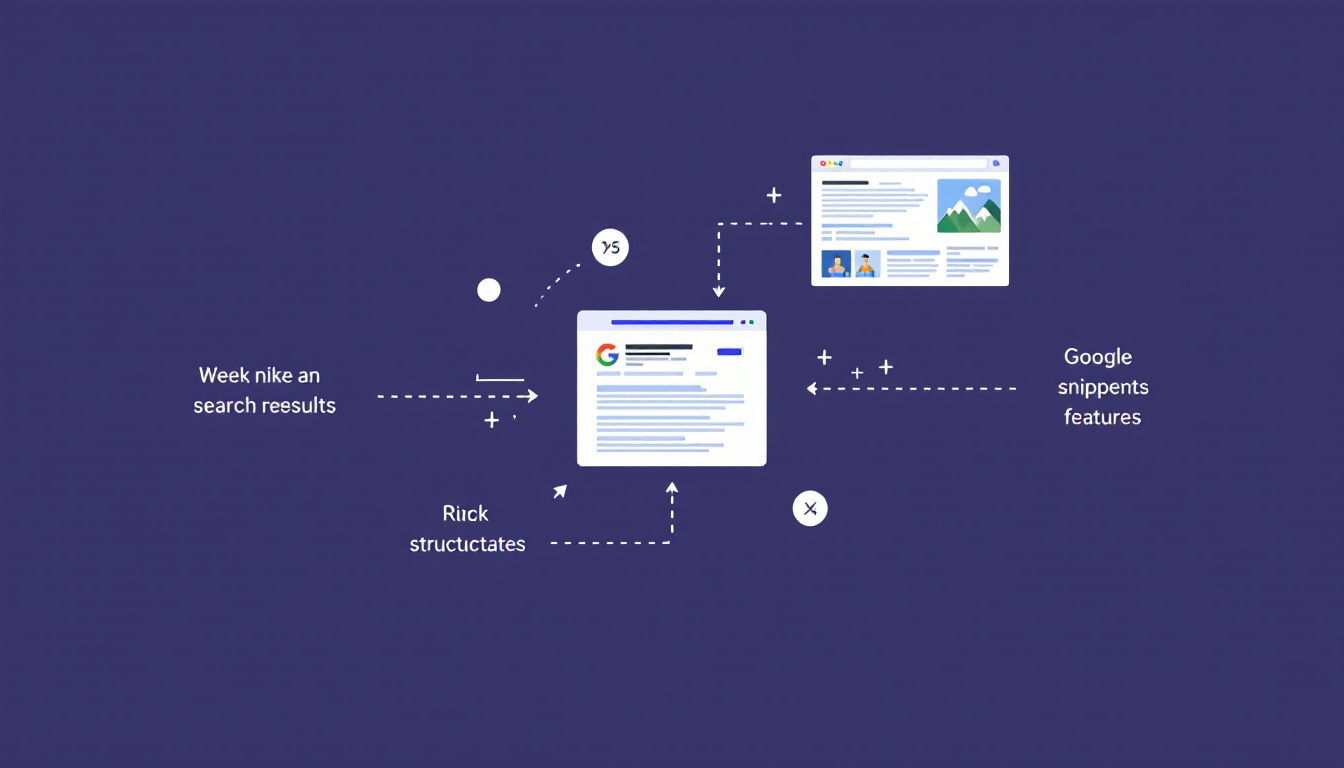In a recent discussion on Bluesky, Google’s John Mueller addressed a prevalent question about the role of structured data in SEO.
SiteGuru
Elevate and track your website's performance with a practical SEO action plan.
His insights might shift the perspective of many who rely on structured data to improve their website’s search engine performance.
Understanding Schema.org Structured Data
Structured data, particularly Schema.org vocabulary, plays a significant role in how websites communicate information to search engines.
However, its impact on SEO isn’t as straightforward as some might believe. When industry professionals refer to structured data, they’re typically talking about Schema.org implementations.
While there are numerous types of structured data available, only Schema.org structured data holds relevance for SEO purposes.
This specificity helps search engines interpret and display website content more effectively.
The Role of Structured Data in Search Rankings
A common misconception is that structured data directly influences search rankings.
John Mueller’s recent comments shed light on the actual relationship between the two.
Insights from John Mueller
Mueller provided a nuanced view on how structured data interacts with SEO efforts.
Responding to a query about whether adding structured data can enhance SEO, Mueller stated that while structured data doesn’t directly improve rankings, it aids in preparing your site for advanced search features.
He emphasized the importance of understanding the technical aspects of online marketing to make informed decisions. The initial query from a user involved integrating structured data with the hope of gaining better SEO results.
Mueller’s response clarified that structured data’s primary function isn’t to boost rankings but to make your site eligible for rich search features.
This eligibility can indirectly influence your site’s visibility by enhancing how information is presented in search results.
Structured Data and Rich Search Features
While structured data may not climb the search rankings for you, it plays a crucial role in how your content is showcased to users.
Google’s Utilization of Structured Data
Google selectively employs certain types of structured data to enhance search result displays.
Out of over 800 Schema.org types, Google utilizes approximately 30 specific types to generate rich results. These include enhanced displays for recipes, reviews, and product information, among others.
Implementing the correct structured data makes your pages eligible for these features, potentially leading to higher user engagement. Structured data serves as a bridge between your website’s content and the enhanced presentation in search results.
By providing machine-readable information, it allows Google to present your content in more engaging formats like carousels or direct purchase options, depending on the data type used.
The Bottom Line
Structured data remains a valuable tool for enhancing how your website appears in search results through rich features.
However, it’s important to recognize that its primary function isn’t to improve search rankings directly. Focusing on accurate and appropriate implementation of Schema.org structured data can make your site more attractive and informative to both search engines and users alike.








